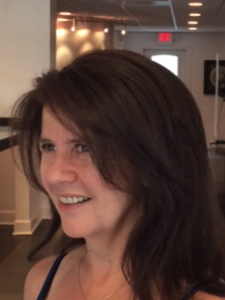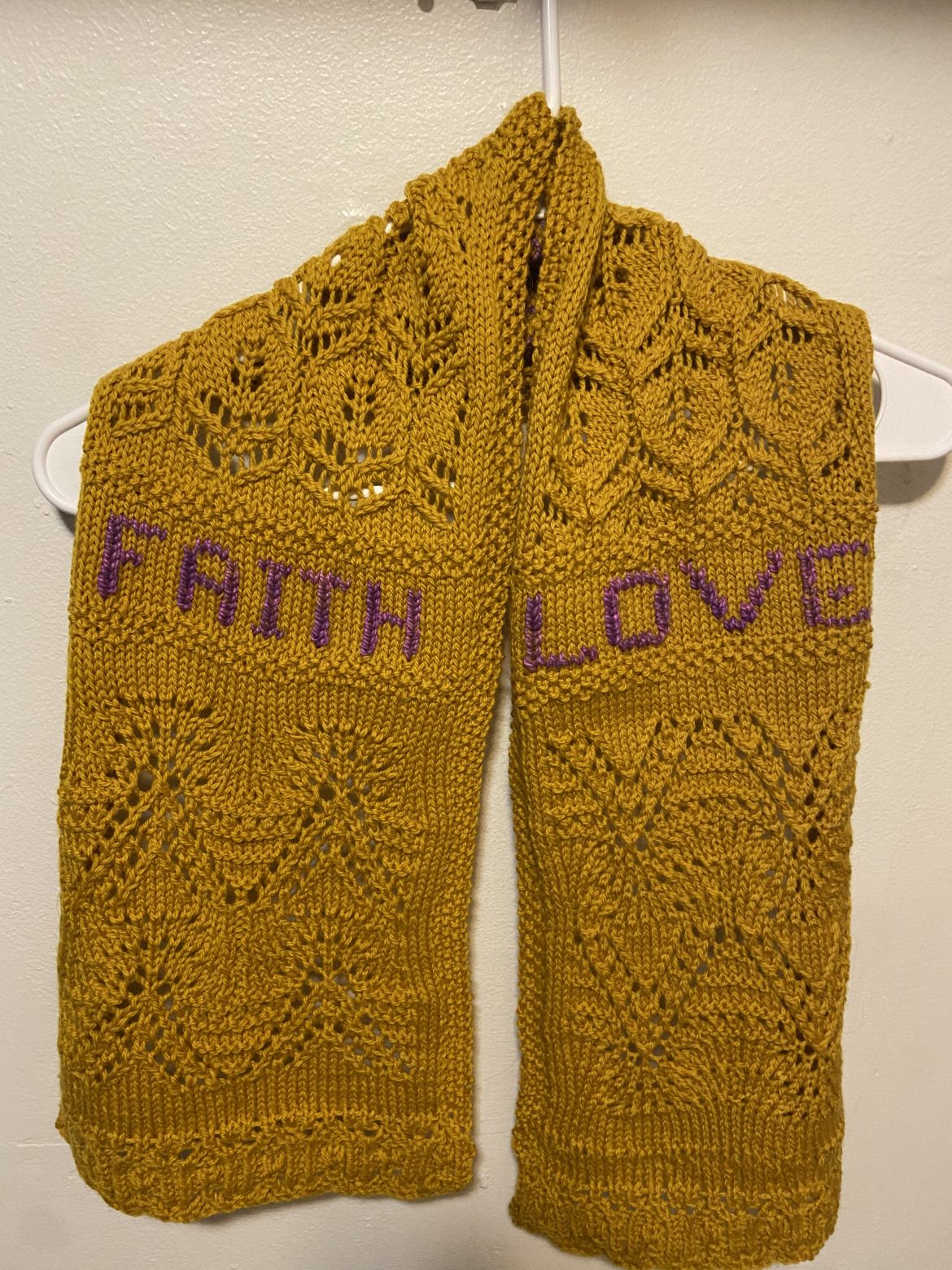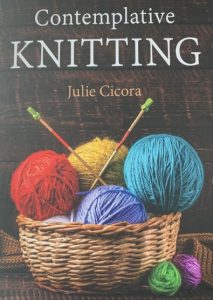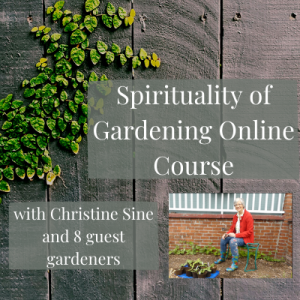photo and post by guest writer, Julie Cicora,
You can’t say “just a minute” to screaming infants. Their cries just intensify. An infant doesn’t care that you need to plunge the boiling eggs into cold water at a specific moment so you can be sure the shells will come off easily. The infant doesn’t care that you have finally been taken off of hold after waiting for what seems hours in order to get the duplicate restaurant charge off your credit card bill. The baby is hungry and just wants to eat. This is called “feeding on demand.” Imagine stopping whatever you are doing every two to three hours to sit and spend twenty minutes being fully present to another human being.
My experience with feeding on demand happened before the advent of cell phones and doom scrolling. I was forced to stop and essentially do nothing except hold, feed, and bond with my child. Those forced moments of rest and bonding changed my perception of time. The demands of the frenetic activities that had ruled my life faded into the background and time seemed to slow down. There was time to be present to my child. There were moments when I would stare in awe at the baby I was cradling and feel the love wash over me. However, as my child grew, outside demands crept back into my life, the space the child created disappeared, and I was left wondering how to get that time back.
No one could give it back to me. I had to give it back to myself.
For years, I struggled. I trained my young children to be quiet and wait when I told them “just a minute.” I was distracted by work and the chores of everyday life. It felt like there was barely enough time in the day to do the essentials.
There were moments when I rediscovered how to be fully present to my loved ones. Something would happen like a child climbing onto my lap with a scraped knee or my husband coming home after a long business trip that would pull me back to that sacred bonding time. But the moments were rare.
And then I discovered prayer. It changed everything in my life.
I didn’t believe in prayer at first. I needed to pray because I felt called to the ordained ministry and ministers prayed. I wasn’t sure how to pray other than to utter the prayers I learned as a child. Fortunately, a friend gave me the book Beginning to Pray by Anthony Bloom. I made a surprising discovery. In the book, the author advises a woman who is having trouble feeling the presence of God to sit and knit. The woman spends some time knitting in silence and she becomes aware of a loving presence. Could knitting help me regain that time of rest and bonding?
I had been unable to force myself to stop what I was doing to sit and pray until I tried knitting. Every time I tried to pray; the distractions would be too overwhelming. Knitting calmed me down and allowed me to let go of myriad of thoughts that plagued me. Soon I was sitting down three times a day to knit and pray. This new rhythm recreated the time and space I needed. It gave me the ability to become fully present to others in my life. It gave me time to love.
For years I have sat down to pray each day. My needles click rhythmically, and I am aware of the yarn forming stitch after stitch. I am intentional about sitting in the presence of God even when I feel nothing. It is enough to know the love of God surrounds me. Although, it may seem as if nothing is happening during this time of prayer, the rest of my life is transformed by the practice. I am able to prioritize my time for love. I am able to present in the moment. I can listen and be accessible.
Prayer has enabled me to find that sacred time of restoration and bonding that I discovered when I first heard the hungry cries of my infant son. Prayer is what feeds our hungry cries. It provides the time to immerse ourselves in the presence of love. And that love is what changes everything.
Bio for Julie

Julie Cicora
Julie Cicora is an avid knitter who believes in the power of prayer. After being ordained as an Episcopal Priest, Julie began studying prayer which led to her first book All I Can Do Is Pray about her experience as a hospital chaplain. She started a contemplative prayer practice which she found very hard to sustain until she combined it with knitting. Knitting opened the door to a daily prayer practice for Julie and other knitters who have participated in Julie’s Lenten Knit alongs. Julie’s second book Contemplative Knitting, full of stories and suggestions for how to sustain a daily prayer practice was just released in March.
Julie is available to speak to knitting groups, conduct knitting retreats either virtually or in-person (post-Covid).
Julie received her Masters of Divinity at Colgate Rochester Divinity School and was ordained in 2000 after a twenty-two-year career at Hewlett-Packard in sales. She lives in upstate New York with her husband. Outside of work, she likes to ride her motorcycle, windsurf, knit, write, and visit her five sons and twelve grandchildren.



